We welcome the birth of six flying fox babies at Terra Natura Benidorm
hace 2 yearsAt Terra Natura Benidorm we have welcomed the birth of six flying fox babies (Pteropus lylei), a species that is currently in a vulnerable state due to the threats suffered by its populations in wild ecosystems. The babies have weighed about 50 grams and barely measure about 8 centimetres.
Our team of experts has warned that flying fox populations have decreased considerably in recent years due to direct hunting, deforestation and the progressive degradation generated by oil palm crops for the industry. According to the International Union for Conservation of Nature, this species has registered a 30% decline over the last 15 years.
The zoo keepers are keeping an eye on the mother and her baby to ensure that they are in an optimal and adequate state of health. For females with babies, their diet is reinforced with vitamins from the nectars they ingest with the objective to face better the breeding stage.
The baby will remain under the surveillance of the mother up to three months, time they start to fly. At first, the relationship between them is of total dependency, the baby clings to its mother and never let’s go. The mother moves by climbing the trees and even flies with the baby on her back, as long as her size allows it. When they baby is a month old, it will be identified by microchip, sexed and their health status will be checked again.
Currently, in Terra Natura Benidorm lives 49 specimens of this animal. Flying foxes belong to the bat taxon and are considered the largest on the planet. In some species they can even reach up to two metres in wingspan. The name they receive is due to their face, which resembles a small fox.
Unlike other bat species, flying foxes feed on fruit and nectar. Their sense of orientation is based on sight and not on echolocation.

